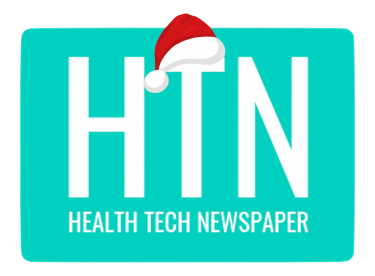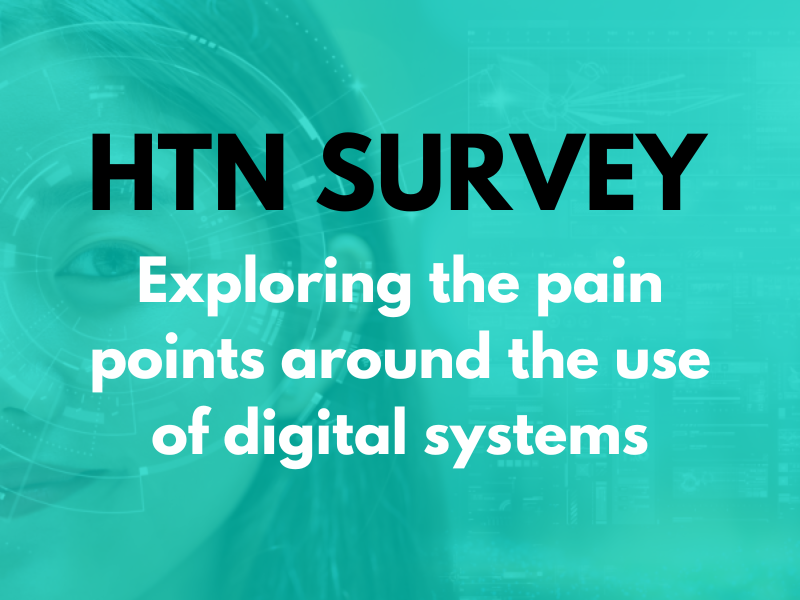George Eliot Hospital NHS Trust is now using a digital interpretation service known as Wordskii-on-Wheels (WoW) to help remove language barriers, reduce health inequalities and improve accessibility within their maternity department.
Donated by the League of Friends, WoW is a portable device that provides “on-demand telephone and video calls” whenever a patient needs an interpreter to assist with their care. It has been made available on a 24-hour basis and houses around 350 languages and dialects, including British Sign Language.
According to the trust, the solution helps with promoting “better understanding and accessibility, ensuring that those who need language support can navigate their healthcare journey easier”. It is hoped that WoW will not only improve the patient experience and reduce inequalities, but that it will also allow the maternity department to “communicate effectively, especially in emergency situations”.
Vivienne Ficarra, public health midwife at George Eliot Hospital, shared details on the tool’s benefits within the trust: “This device has enabled us to respond quickly and efficiently to patient needs and access a translator swiftly without having to telephone to book. This has also allowed us to act in emergency situations where we have needed an interpreter.”
Tackling health inequalities: the wider trend
Sussex ICB’s Digital Inclusion Strategic Approach for 2025 – 2027 shared the system’s commitments to promoting digital inclusion, along with measures indicative of success. Shaped by residents, NHS teams, councils and community organisations, the approach reflects on designing inclusive services and addressing challenges people may face in accessing them. The ICB highlighted digital exclusion risks in the region, including more than 200,000 people identified as lacking basic digital skills, 102,000 people with English as a second language and 22.4 percent of the population aged 65 and over.
Lincolnshire’s Health and Care Digital Inclusion Strategy was recently presented to the ICB for approval. Outlining priorities for 2025 – 2028, it covered access to devices and data, accessibility and ease of using tech, access to services, skills and capability, beliefs and trust and leadership and partnerships. Engagement was reportedly carried out on a targeted basis with population groups including older adults, those on lower incomes, unemployed people, homeless people, those seeking asylum, people living in rural or coastal areas, people living with long-term conditions and people whose main language is not English.





